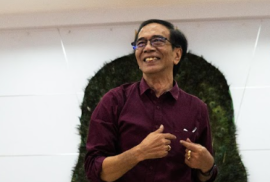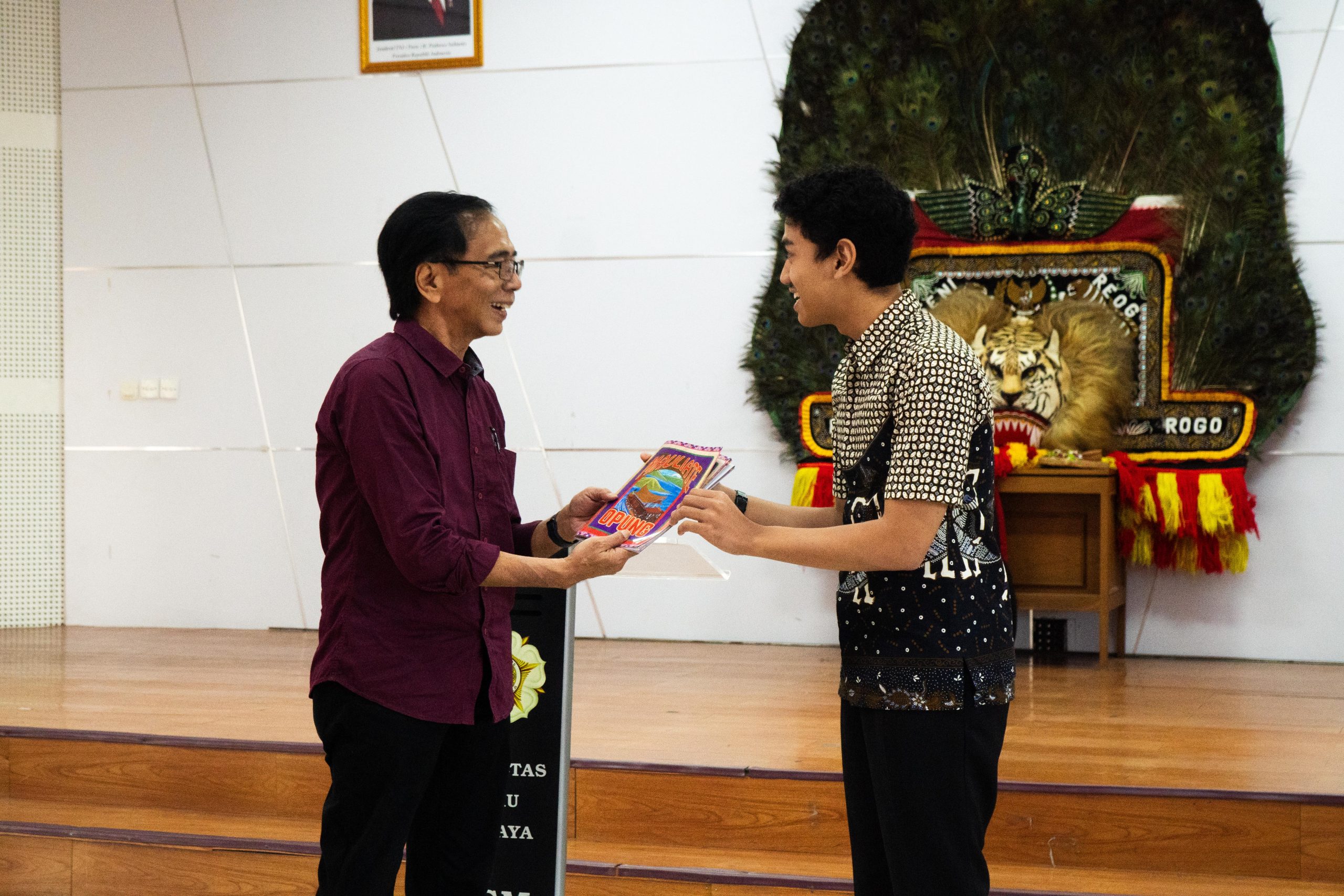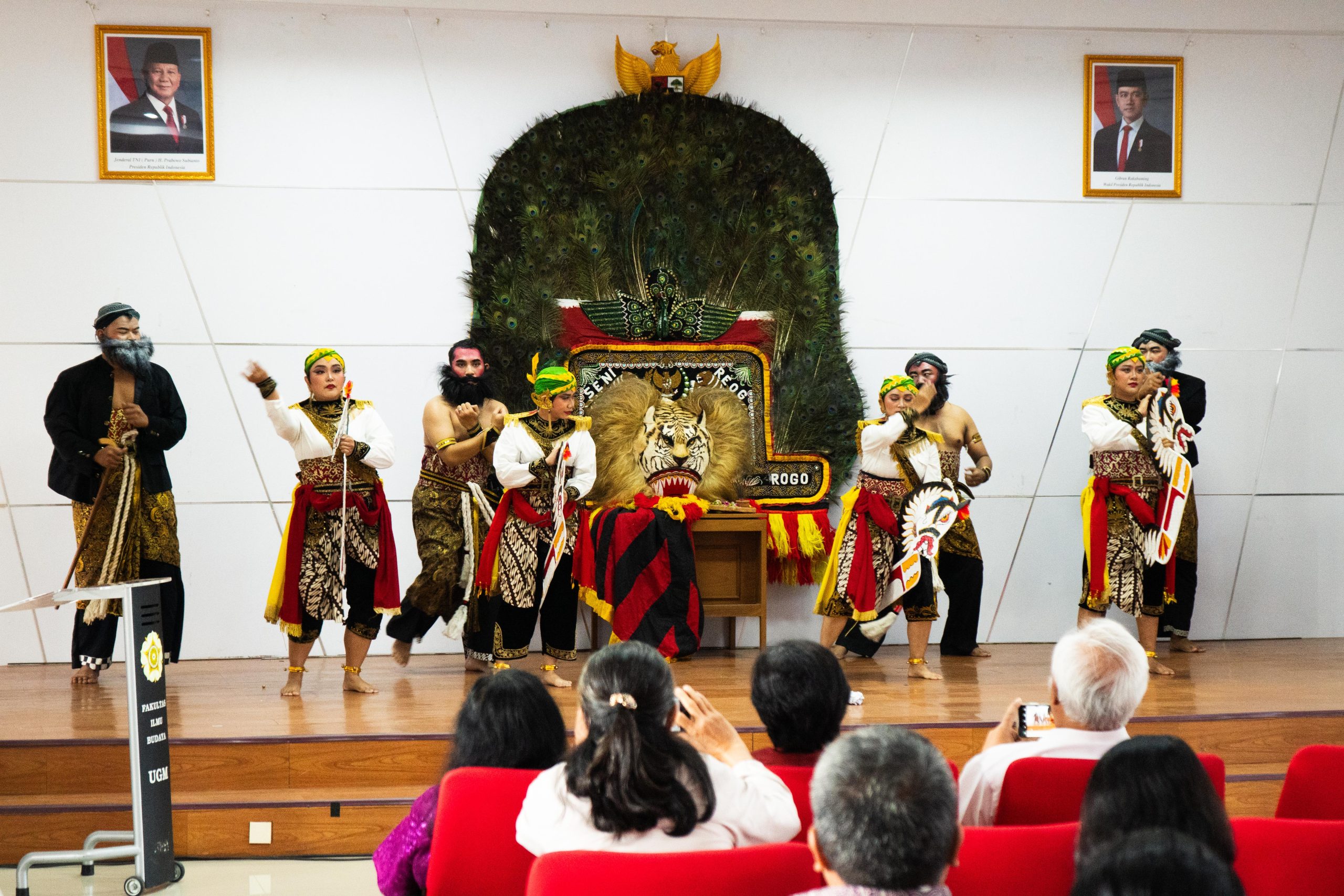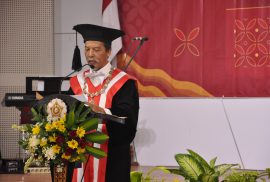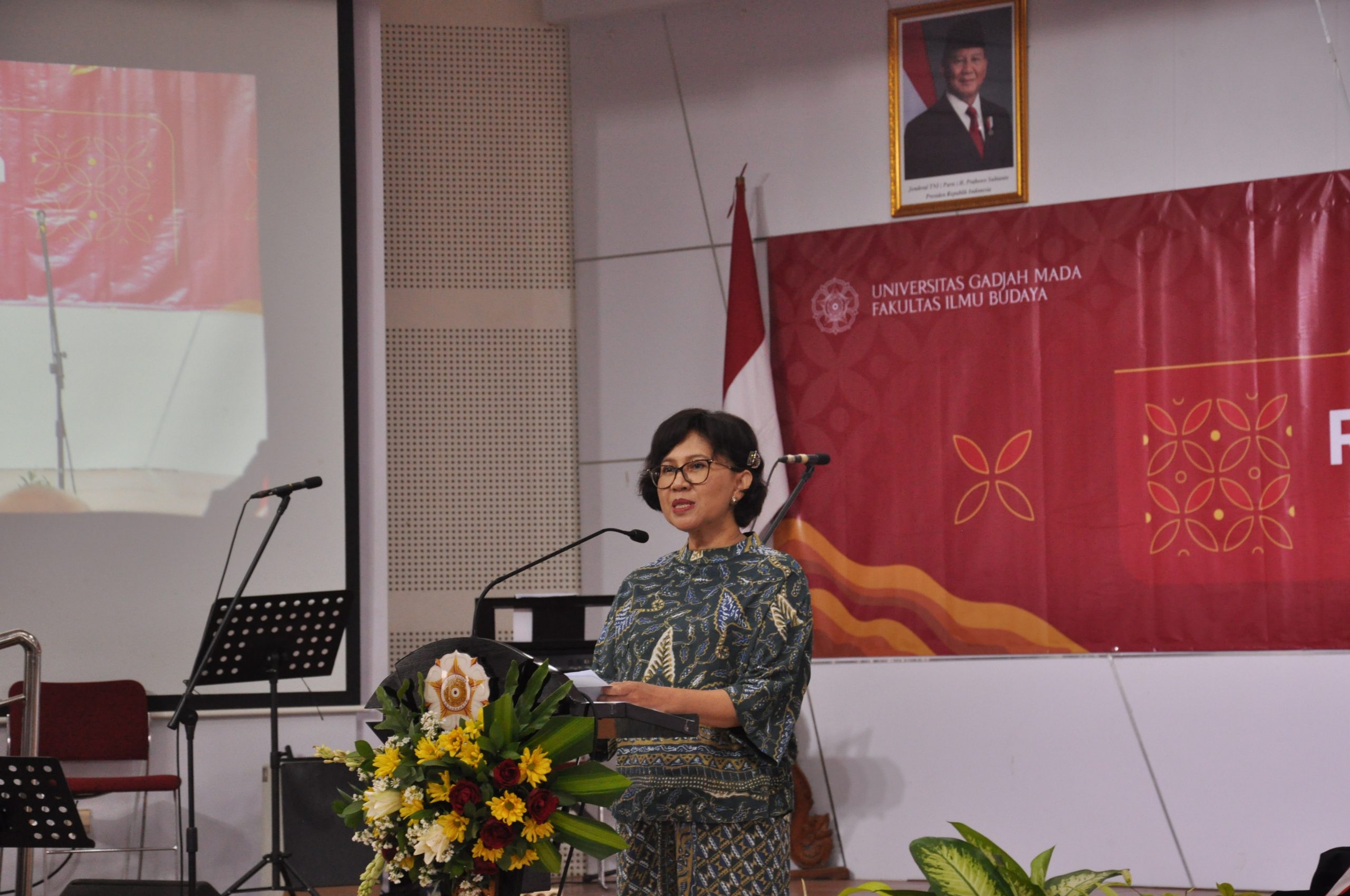Yogyakarta, September 26, 2025 – The Archaeology Study Program, Faculty of Cultural Sciences, Universitas Gadjah Mada (FIB UGM), in collaboration with the Ministry of Marine Affairs and Fisheries (KKP), held the “UGM Archaeology Talkshow X Ministry of Marine Affairs and Fisheries.” The event took place in a hybrid format—offline at Soegondo Building, 7th floor (Room 709), and online via Zoom Meeting—featuring the overarching theme of maritime archaeology and Underwater Cultural Heritage (BMKT).
The talkshow presented three speakers from different fields. The first was Widya Nayati, M.A., Ph.D., from the Department of Archaeology UGM, who delivered a presentation titled “Ports: Centers of Commodity Exchange or Centers of Cultural Exchange?” highlighting the role of ports throughout history and their significance in cultural interactions. Next, Frista Yorhanita, S.Si., M.Si., Director of Marine Resources at the Ministry of Marine Affairs and Fisheries, discussed “BMKT: Marine Resources in Policy Perspective”, emphasizing the importance of sustainable marine resource governance. Meanwhile, from the Faculty of Law UGM, Dr. Jur. Any Andjarwati, S.H., M. Jur., presented “Legal Studies on BMKT”, addressing regulatory aspects and legal protection in the utilization of BMKT.
Following the presentations, the event continued with an interactive discussion session that allowed participants to deepen their insights on maritime archaeology, policy perspectives, and legal regulations supporting the preservation of BMKT. The talkshow concluded with a group photo session.
This activity not only served as an academic platform that brought together perspectives from archaeology, marine sciences, and law, but also underscored the importance of cross-sectoral collaboration in preserving Indonesia’s maritime heritage.
In line with the Sustainable Development Goals (SDGs), the event supported SDG 14: Life Below Water and SDG 11: Sustainable Cities and Communities, by emphasizing the preservation of maritime heritage alongside the sustainable use of marine resources. In addition, the talkshow also contributed to SDG 16: Peace, Justice, and Strong Institutions through the strengthening of transparent legal regulations that prioritize public interests.
[Public Relation of FIB UGM, Alma Syahwalani]





